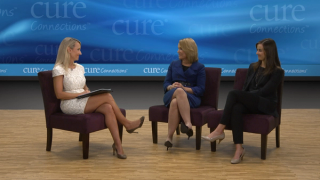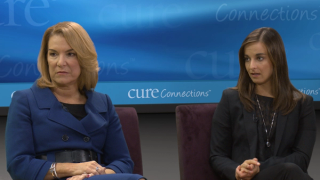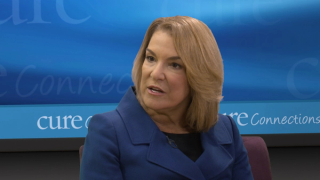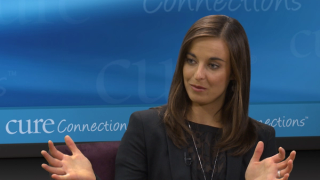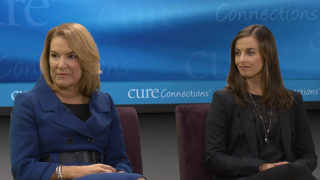
Ovarian Cancer
Latest News
Latest Videos

More News

By going public with the details of their cancer journeys, patients and survivors can pave the way for understanding and support.

While half of women with gynecologic cancer reported experiencing significant fatigue during treatment, only 8% of survivors had symptoms regress without intervention.

The FDA has granted a priority review designation to a supplemental biologics license application for Zejula for the treatment of certain patients with advanced ovarian, fallopian tube or primary peritoneal cancer.
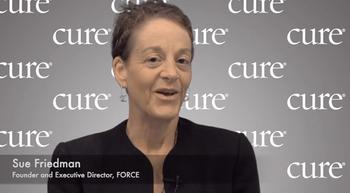
Sue Friedman, founder and executive director of FORCE, discussed how a breast cancer diagnosis at age 33 and a family history of cancer led to the creation of Facing Our Risk of Cancer Empowered.

Patients with ovarian cancer who experience disease recurrences can have potentially helpful options from a large array of drugs, each of which can bring on side effects. Luckily, doctors have a variety of ways to relieve or prevent these discomforts. At the same time, scientists are working to develop new treatments that may be both efficacious and easier for patients to tolerate.

A essay nominating Kimberly Spina, B.S.N., RN for CURE®’s Extraordinary Healer® Award, written by Stephanie Fraser, M.S.W., of The University of Vermont Cancer Center.

"We hope that this array of articles, while offering comprehensive information about cutting-edge treatments, will also serve as a reminder of the shared experience of those in the cancer community and the sense of connection it can bring," said Chairman and CEO, Mike Hennessy, Sr.

The seven-time Olympic medalist found strength in her competitive spirit through cancer.

I’m running this marathon to win it. I want to say don’t let a wall stop you; keep running, keep fighting!

A second ovarian cancer recurrence in three years prompted this review of lessons learned. If I could go back three and a half years and give advice to my newly diagnosed self, what would I say?

Patients with ovarian cancer tend to underreport their most challenging symptoms; however, an analysis of their online comments could give health care providers insight into how to help.

Despite increased physical activity, nutritional intake behavior among female cancer survivors did not improve with an exercise intervention program, according to a randomized-controlled trial.

An expert discusses the exciting new developments extending survival in the evolving ovarian cancer treatment space.

A young advocate emphasizes the importance of communication between parents and their children about an ovarian cancer diagnosis.

A gynecologic-oncology clinical nurse specialist and one of this year’s CURE Ovarian Cancer Heroes discussed the lack of resources for patients with ovarian cancer and the need for more research.

We've got a sneak peek at what’s inside CURE®'s Women’s Cancers issue.

Patients speak up on the rarely discussed side effects of gynecologic cancers.

Women with this disease are living longer, despite common recurrence.

An endometrial cancer survivor runs to raise awareness for a disease many don’t want to talk about.

Cancer isn’t black and white, nor is it predictable. A diagnosis and the subsequent treatment of the many varieties of this complex disease can be challenging because of gray areas and uncertainties.

The “Whiskey Cavalier” actor opens up about caregiving for his mother following her ovarian cancer diagnosis.

This week, we spoke with all three of CURE’s 2019 Ovarian Cancer Heroes: Ryan Mitstifer Walton, Paula Anastasia, RN, MN, AOCN, and Shannon Westin, M.D., M.P.H.

Researchers define the genetic characteristics of ovarian tumors-- information that could lead to new opportunities for personalized therapy and may explain why screening programs for the disease haven’t been successful.

Ten years later, a woman with a BRCA1 mutation finally feels more like herself.
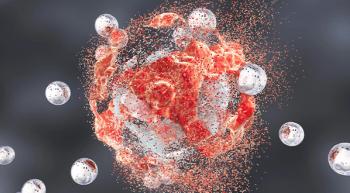
Understand how the rare relative of ovarian cancer is diagnosed and treated.






